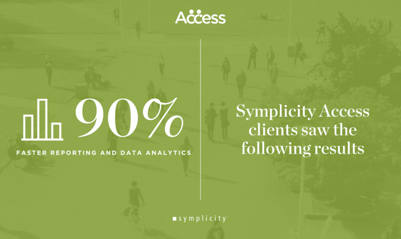In just two months, COVID-19 has caused colleges and universities worldwide to shift their student services from in-person to online worldwide. While this shift comes with its fair share of challenges for both faculty and staff, students with disabilities are the most vulnerable during this transition. According to the House of Commons Library, “the number of students in higher education with a known disability [in the UK] is increasing, but disabled students remain an underrepresented group and concerns have been expressed about the support provided for these students.” This lack of representation and support may account for the decrease in student retention within this group. For example, “Students with a disability are more likely to drop-out of courses and those that finish their degree tend to have lower degree results; in 2016/17 a lower proportion of UK disabled students were awarded a first or upper second-class degree than those without a reported disability.” It’s clear that the greater the COVID-19 impact is on higher education, the more students with disabilities will suffer.
On May 20th, 2020, Symplicity will be hosting a webinar, as part of the Engage with Impact webinar series, to take a closer look at Symplicity Access—a trusted solution that enables higher education institutions to build a fully compliant and seamless accessibility process. This webinar will include a live demo of the solution and a better understanding of how to serve students with disabilities while university campuses are closed.

Learn about the benefits of Symplicity Access which include:
- Having all data and information in a central place and effectively collaborating with other departments and external stakeholders
- Taking advantage of fully streamlined processes to support your students faster
- Simplifying and automating time-consuming processes such as note-taking, inventory management, and device tracking
- Reporting more accurately and identifying trends early on
Take a look at some new approaches and solutions already utilized by over 200 universities worldwide and discover how your institution could benefit too. Register here for the webinar next week. We look forward to seeing you there!


